Plants modified to grow in the dark could also provide fresh produce in extreme environments on Earth.


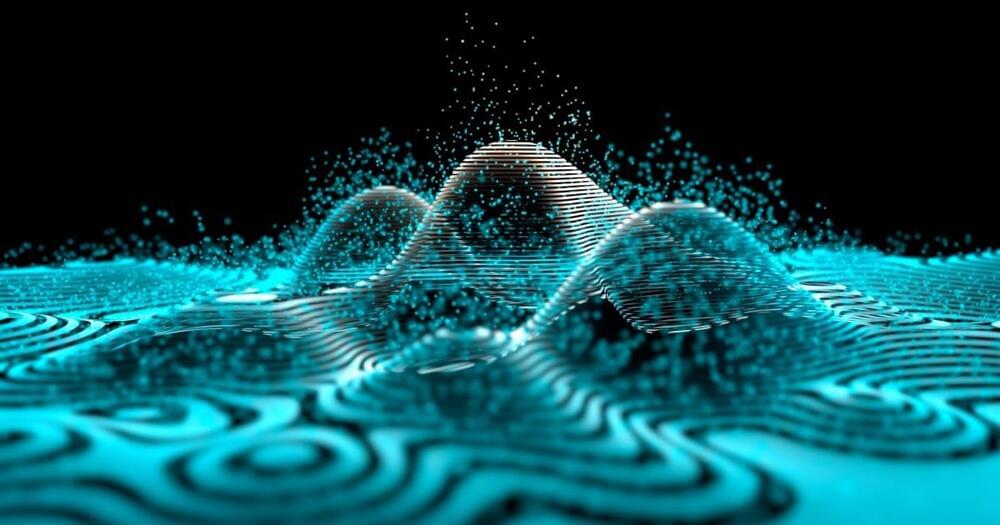
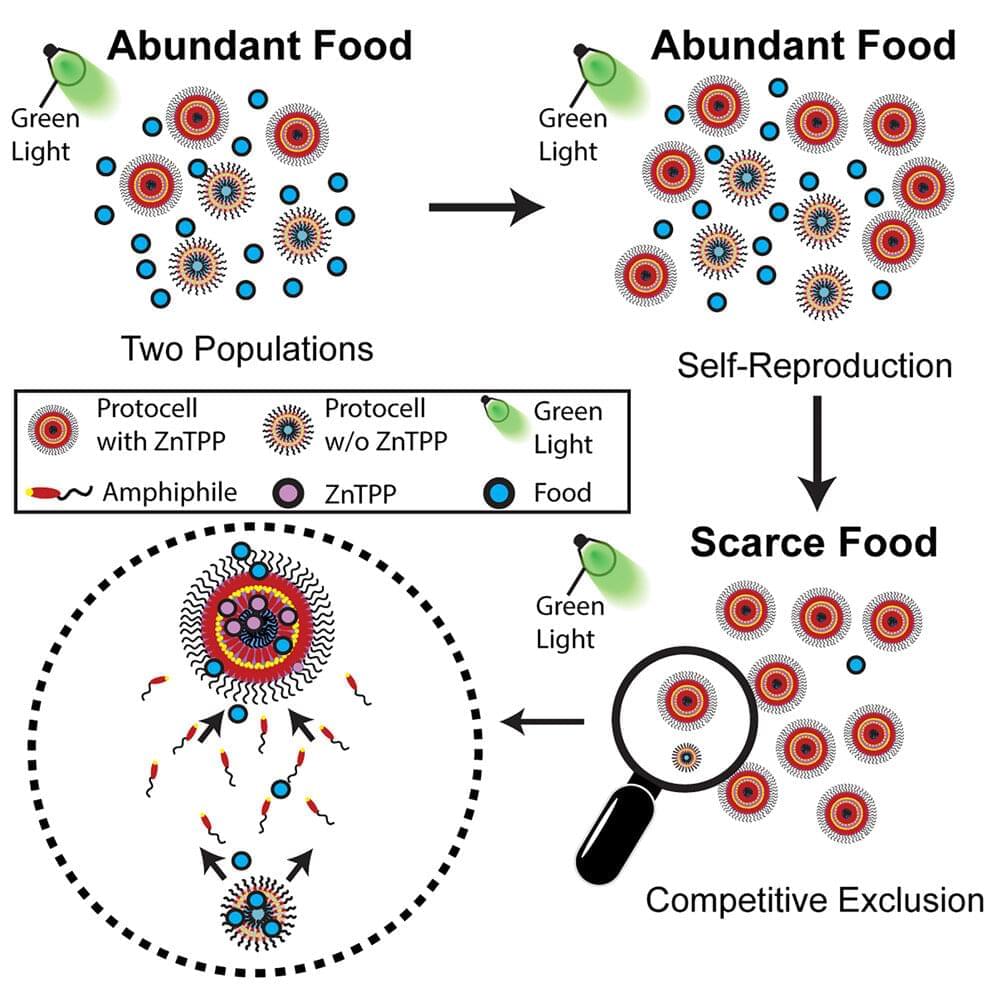
Imagine the possibility of life forms on other planets that don’t resemble any on Earth. What might they look like, and why would they be so different?
Juan Pérez-Mercader says it may be possible and the answer may be that they developed from a different type of chemistry. For more than 10 years, the senior research fellow in the Department of Earth & Planetary Sciences and the Origins of Life Initiative at Harvard has studied how to produce synthetic living systems—without relying on biochemistry, or the chemistry that has enabled life on Earth.
“We have been trying to build a non-biochemical system, which unaided is capable of executing the essential properties common to all natural living systems,” Pérez-Mercader explained.
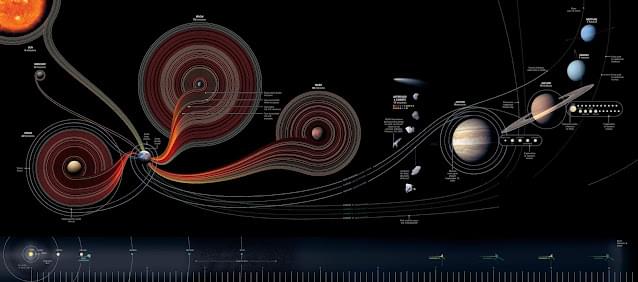
Launched in 1977, NASA’s Voyager probes continue their exploration, pushing the boundaries of human understanding. Earlier this year, NASA faced an unsettling situation when Voyager 1, second of the pair to be launched, began sending back distorted communications. This sparked worries about a significant system failure in the spacecraft, now 45 years into its journey. However, NASA recently reported that it had successfully rectified the problem, which in turn has uncovered another mystery to investigate.
Voyager 1’s journey began with a “Grand Tour” of the outer planets — Jupiter, Saturn, Uranus, and Neptune — enabled by a unique planetary alignment. After its journey past Jupiter and Saturn, Voyager 1 outran its twin, Voyager 2, eventually becoming the first man-made object to leave the solar system in 2012.
The trouble began when NASA detected issues with the craft’s attitude articulation and control system (AACS), responsible for ensuring the probe’s antenna stays pointed towards Earth. Failure of this system could result in a permanent loss of communication with the aging explorer. While this system returned scrambled updates, the probe was still transmitting valuable data, signaling that something was amiss.
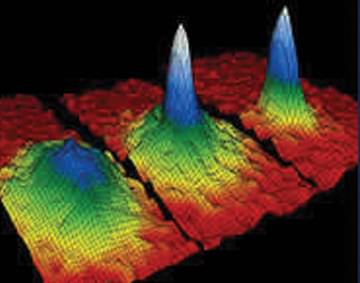
The BEC phenomenon was first predicted by Satyendra Bose and Albert Einstein: when a given number of identical Bose particles approach each other sufficiently closely, and move sufficiently slowly, they will collectively convert to the lowest energy state: a BEC. This occurs when atoms are chilled to very low temperatures. The wavelike nature of atoms allows them to spread out and even overlap. If the density is high enough, and the temperature low enough (mere billionths of degrees above absolute zero), the atoms will behave like the photons in a laser: they will be in a coherent state and constitute a single “super atom.”
JILA’s Carl Wieman (University of Colorado, Boulder) and Eric Cornell (NIST) first started searching for a BEC around 1990 with a combination laser and magnetic cooling apparatus. Wieman pioneered the use of $200 diode lasers (the same type used in CD players) instead of the $150,000 lasers other groups were using. His approach was initially met with skepticism by his colleagues, but when he began to report real progress, several other groups joined the race to achieve the first BEC. Beginning with rubidium gas atoms at room temperature, the JILA team first slowed the rubidium and captured it in a trap created by laser light. This cooled the atoms to about 10 millionths of a degree above absolute zero—still far too hot to produce a BEC.
Once trapped, the lasers are turned off and the atoms are held in place by a magnetic field. The atoms are further cooled in the magnetic trap by selecting the hottest atoms and kicking them out of the trap. Then came the tricky part: trapping a sufficiently high density of atoms at temperatures that were cold enough to produce a BEC. To do this, Wieman and his colleagues had to devise a time-averaged orbiting potential trap (an improvement to the standard magnetic trap).
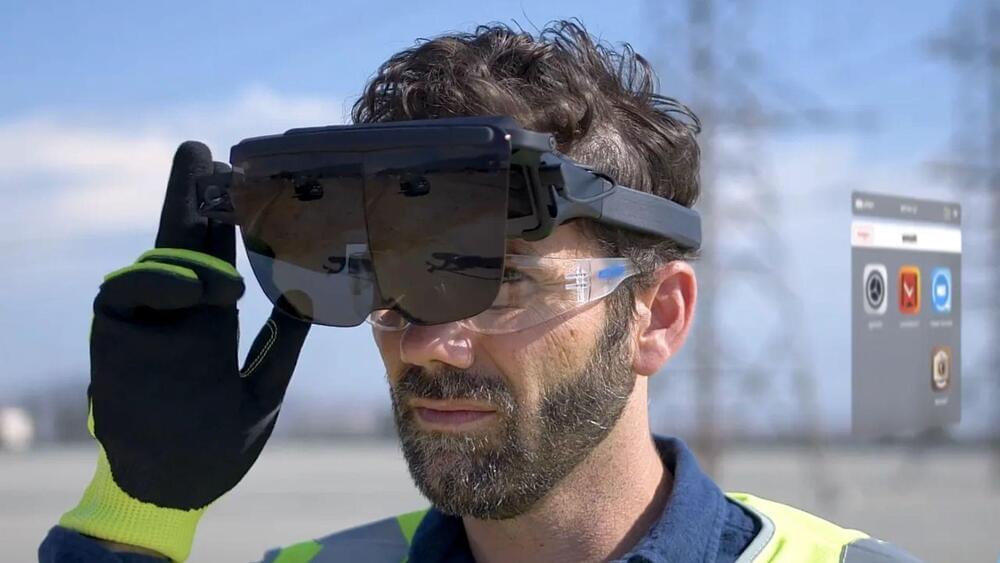
The U.S. Navy has awarded Mira a $700,000 contract, while another agreement is set in stone with the U.S. Air Force.
Right on the heels of unveiling its Vision Pro mixed reality headset, Apple has now confirmed that it has acquired Mira, a Los Angeles-based maker of light hardware for augmented reality, The Verge.
The Worldwide Developers Conference had unveiled Apple’s plans for its future as it revealed a string of devices powered by ‘homegrown’ chips and the much-awaited foray into the mixed reality space.
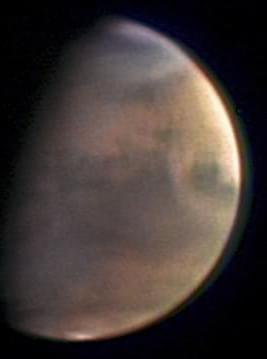

General relativity, part of the wide-ranging physical theory of relativity formed by the German-born physicist Albert Einstein. It was conceived by Einstein in 1915. It explains gravity based on the way space can ‘curve’, or, to put it more accurately, it associates the force of gravity with the changing geometry of space-time. (Einstein’s gravity)
The mathematical equations of Einstein’s general theory of relativity, tested time and time again, are currently the most accurate way to predict gravitational interactions, replacing those developed by Isaac Newton several centuries prior.
Over the last century, many experiments have confirmed the validity of both special and general relativity. In the first major test of general relativity, astronomers in 1919 measured the deflection of light from distant stars as the starlight passed by our sun, proving that gravity does, in fact, distort or curve space.
Read it on : https://kllonusk.wordpress.com/2022/11/19/general-relativity…ed-simply/
@Klonusk.
Mail : [email protected].
#generalrelativity #gravity #relativity #general theory # General theory of relativity.

In an historical session, Karlton Johnson (NSS) gave this speech on behalf of NSS, SRI and 30 space advocacy organizations. National Space Society Statement to UN COPUOS 2023, General Exchange of Views (Given by Karlton Johnson on Monday, 5 June 2023, AM under Item 4: GEVs) Distinguished Chairman and Delegates of COPUOS, My name isContinue reading →